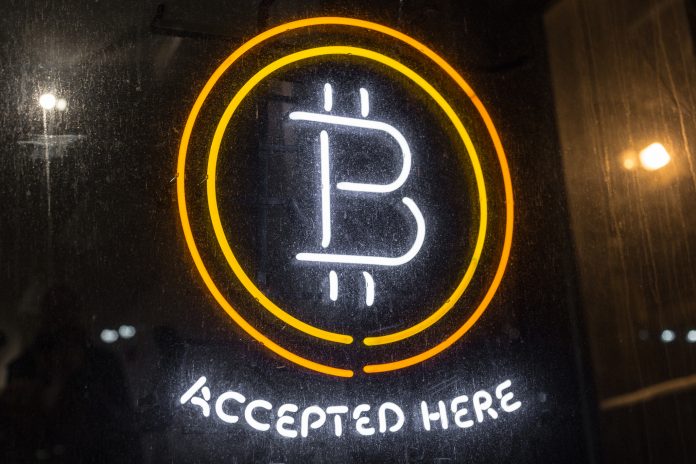The new EU legislative package on crypto-assets* that will be voted by the European Parliament tomorrow will ensure better protection of consumers and a more effective fight against money laundering and the financing of terrorism. However, with this rapidly developing market, more action is necessary to offset risks, urge S&Ds.
The EU legislation package on *crypto-assets that will be voted by the European Parliament tomorrow consists of the regulation on Markets in Crypto-Assets (MiCA) and the recast of the existing regulation on information accompanying transfers of funds and certain crypto-assets (TFR).
Furthermore, from an ecological point of view, a huge carbon footprint of crypto-assets remains a major concern. They use up as much energy as electric cars. Throughout the process of adopting this legislation, the S&D Group has been pushing for clearer and more stringent rules on the sustainability standards, but these efforts were unfortunately blocked by the conservatives and the liberals, with the support of the far-right in the Parliament. We will continue to strive for environment-friendly cryptocurrencies.
“The EU is a pioneer in regulating the crypto sector. Tomorrow, the European Parliament is set to endorse a new legislation on crypto-assets aiming to improve consumer protection and address any financial stability concerns associated with the use of new digital financial instruments. This is great news,” said Eero Heinäluoma, S&D negotiator on the EU legislation on Markets in Crypto-Assets (MiCA).
“However, with rapid developments in crypto markets and several scandals in the last years, such as the collapse of the crypto-assets exchange, FTX, there is a tangible risk that the legislation does not keep up with the pace of innovation. The European Commission should therefore come forward with further regulation where needed to offset risks. For example, no jurisdiction should allow entities to run their business without disclosing their legal status and who is responsible for the business,” she added.
“Moreover, the new legislation falls short on the ecological front. We have long been concerned about the impact of cryptocurrencies on the environment. Bitcoin mining alone consumes more energy than countries the size of Austria or Portugal. In addition, according to media reports, since the closing of the mining activity in China, which has mainly moved to the US, the amount of energy used for mining activities there can be compared to the energy consumption of all New York City’s residences. The S&Ds pushed for clearer rules on the minimum sustainability standards on crypto-assets, but the conservatives and the liberals, with the support of the far-right, blocked these efforts,” concluded Eero Heinäluoma.
“The purpose of this reform is to ensure the traceability of crypto-asset transfers and to be able to better identify possible suspicious transactions that involve money laundering or terrorist financing,” said Aurore Lalucq, S&D negotiator in the ECON committee on the EU recast legislation on information accompanying transfers of funds and certain crypto-assets (TFR).
“Just like regular bank transfers, transferring crypto-assets should be accompanied with information about the person sending and receiving the funds to help authorities combat money laundering and the financing of terrorism.
“At our insistence, the new rules also appropriately cover crypto-asset transfers involving digital accounts controlled by the individual without any financial intermediaries, known as unhosted wallets. These kinds of accounts are usually anonymous and difficult to trace and scrutinise, which increases the risk of illicit financial activity,” concluded Lalucq.
“Under the cloak of innovation, the crypto sector is a major polluter and facilitator of illicit transfers. In the past years, known illicit transfers have drastically increased. Known laundered crypto money rose to a staggering 22 billion EUR in 2022. With the legislation adopted today, we can ring-fence those who abuse crypto-assets to launder their ill-gotten gains and finance terrorism,” stressed Paul Tang, S&D negotiator in the LIBE committee on the EU recast legislation on information accompanying transfers of funds and certain crypto-assets (TRF).
“The new crypto rules will make the market safer, but it remains a highly speculative one with major risks for society. Our work is not yet done.”

